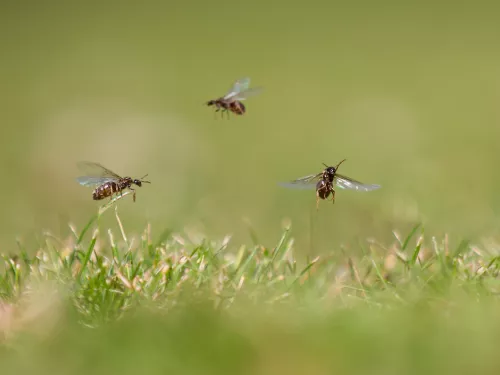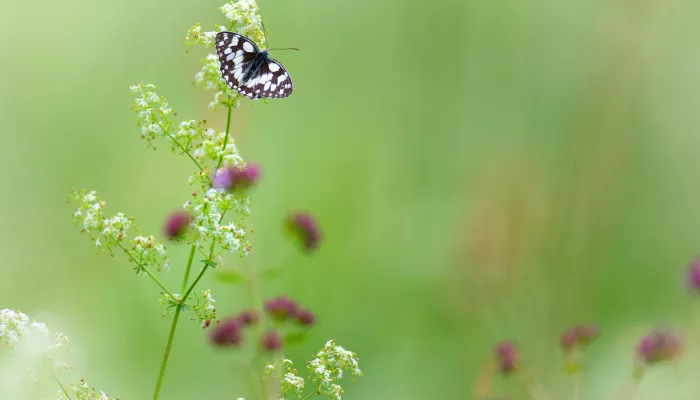
Citizen scientists across the UK buzzed into action for Bugs Matter this summer
The end of summer saw the conclusion of this year’s national insect survey, Bugs Matter, on 30 September.


The end of summer saw the conclusion of this year’s national insect survey, Bugs Matter, on 30 September.
Openreach, the UK’s largest wholesale broadband provider and the owner of the nation’s second largest commercial van fleet, has today announced its involvement in the 2024 “Bugs Matter” survey. The national citizen science study is organised by Buglife,…

The troubling falls in insect numbers in Kent has been highlighted once again by the 2023 Bugs Matter citizen science survey published today. The new report reveals that the abundance of flying insects sampled on vehicle number plates has fallen by a…